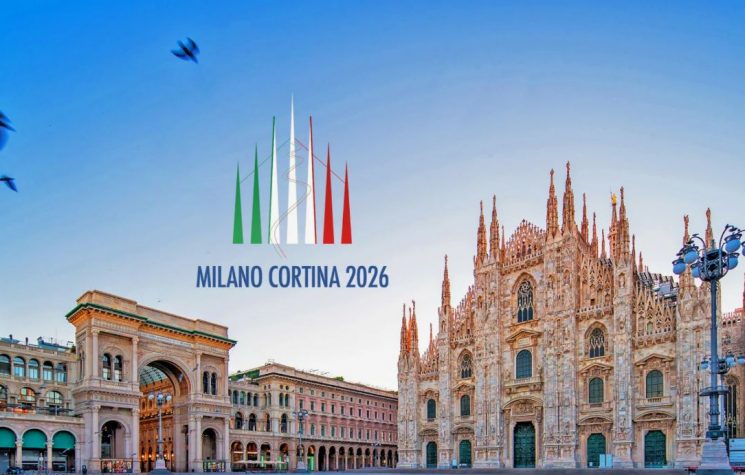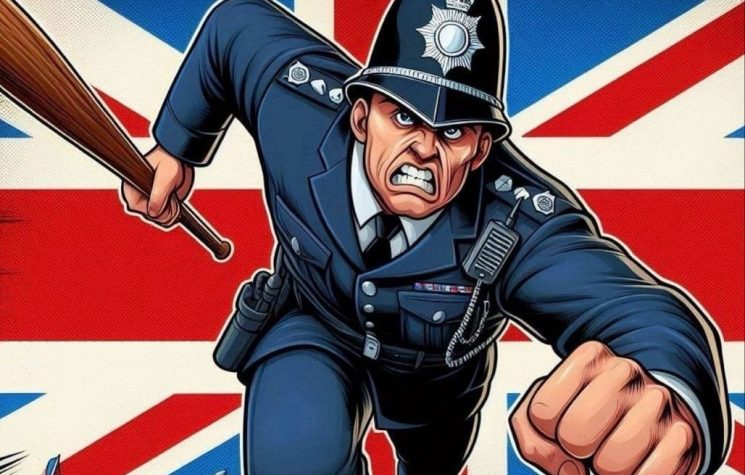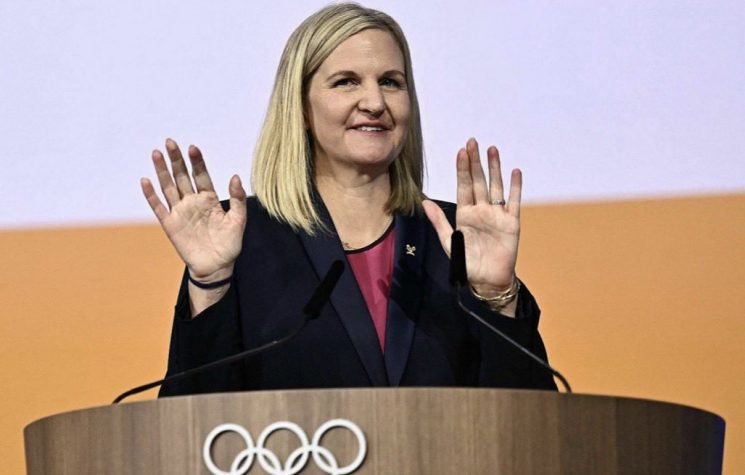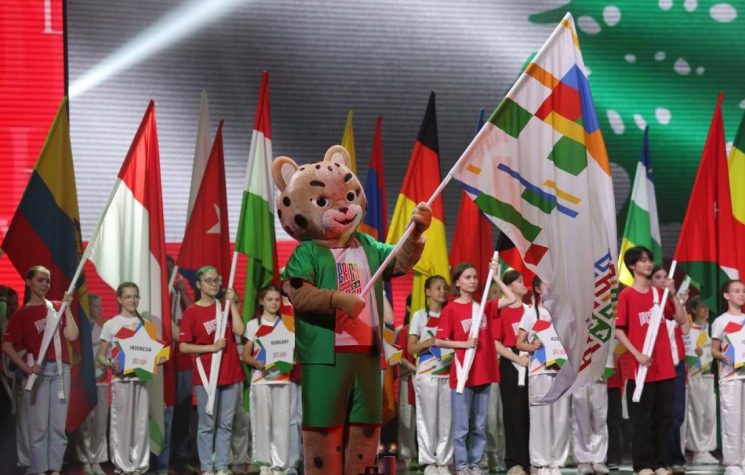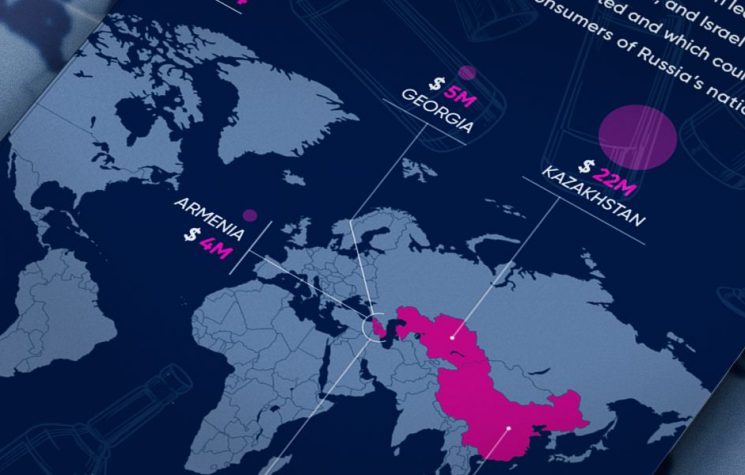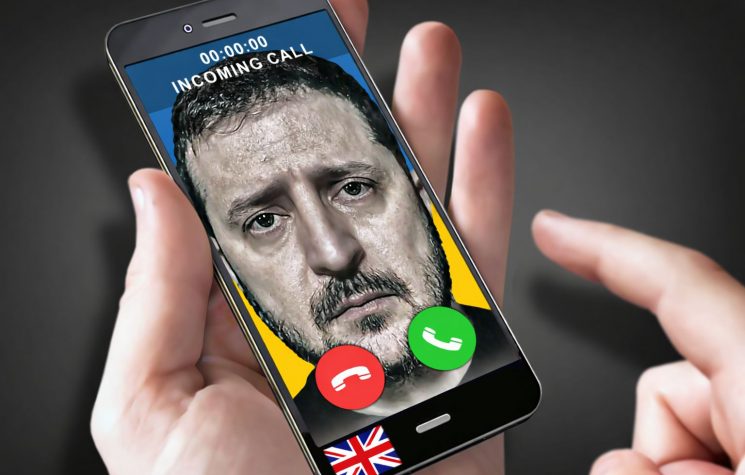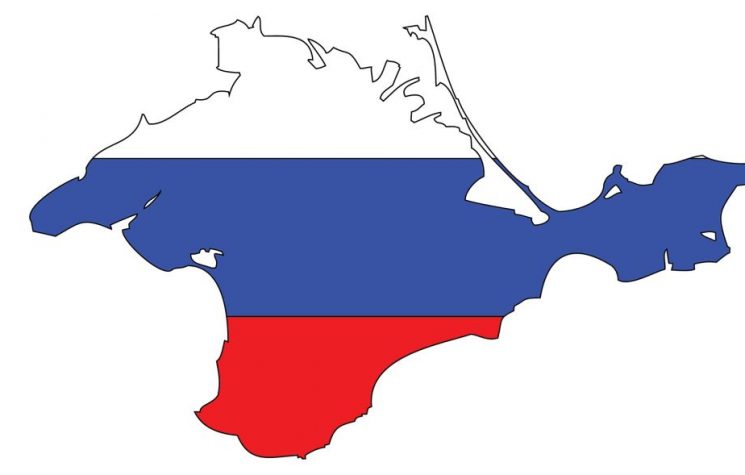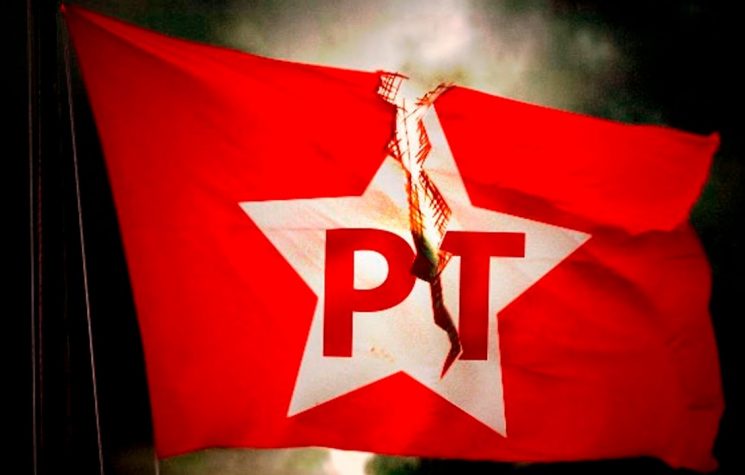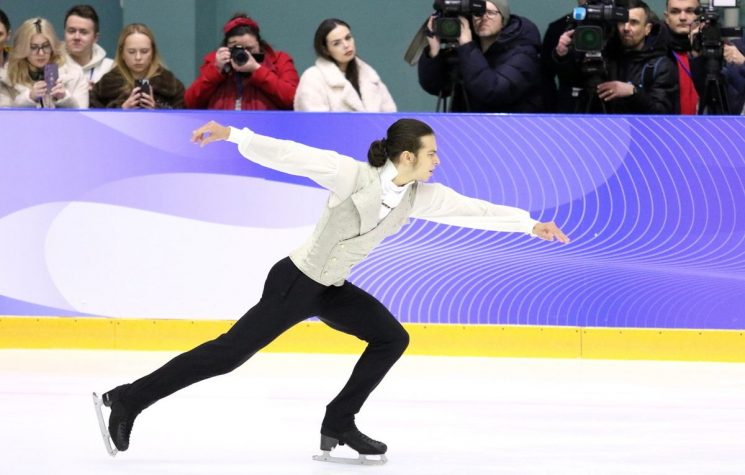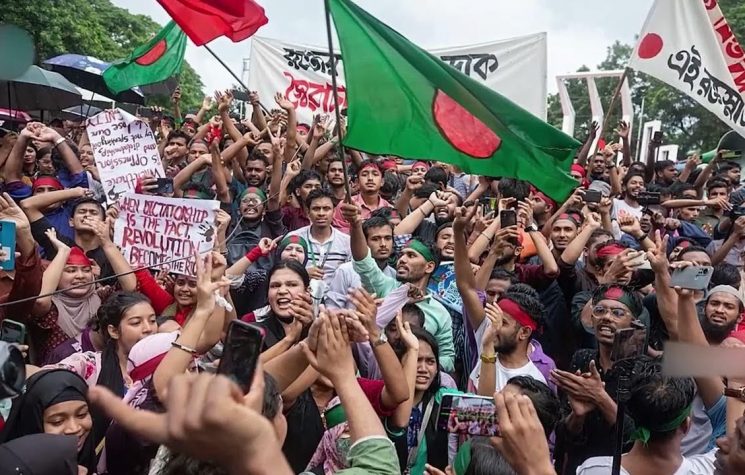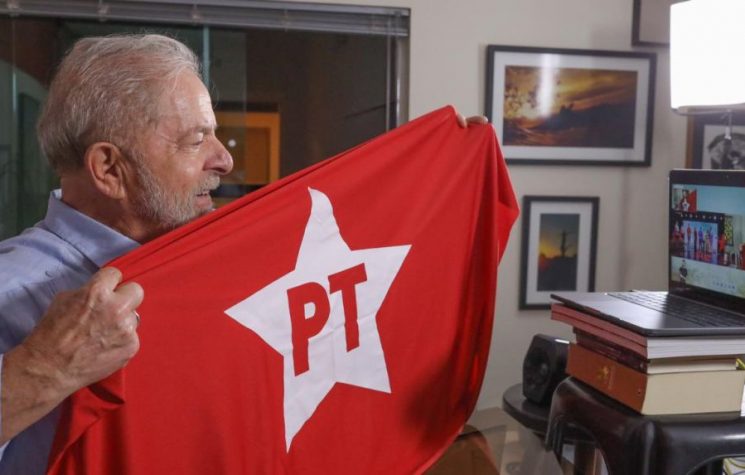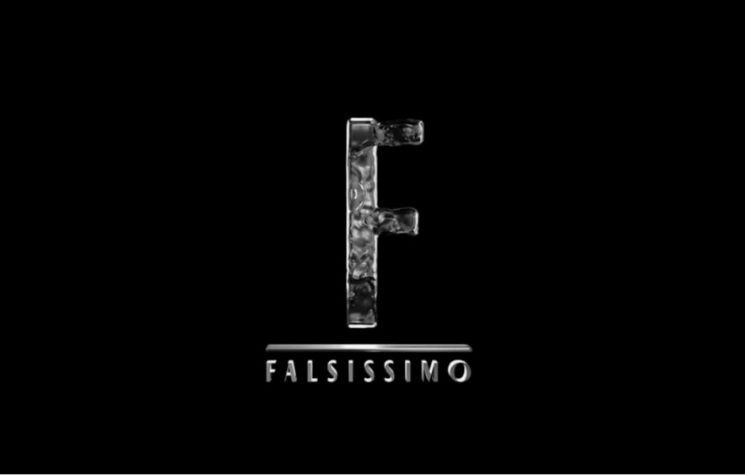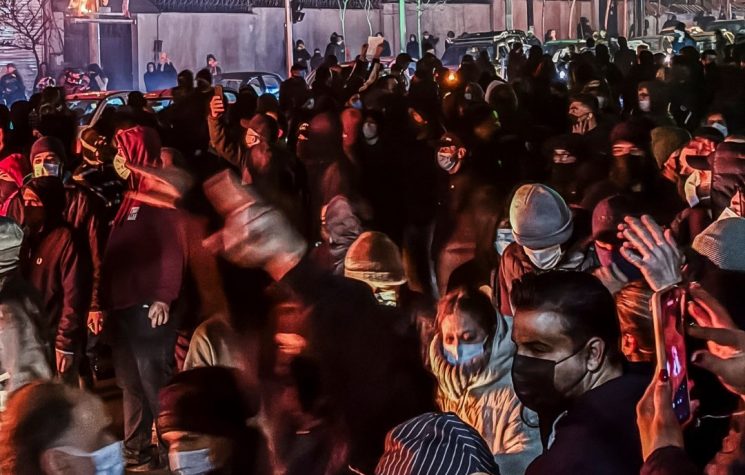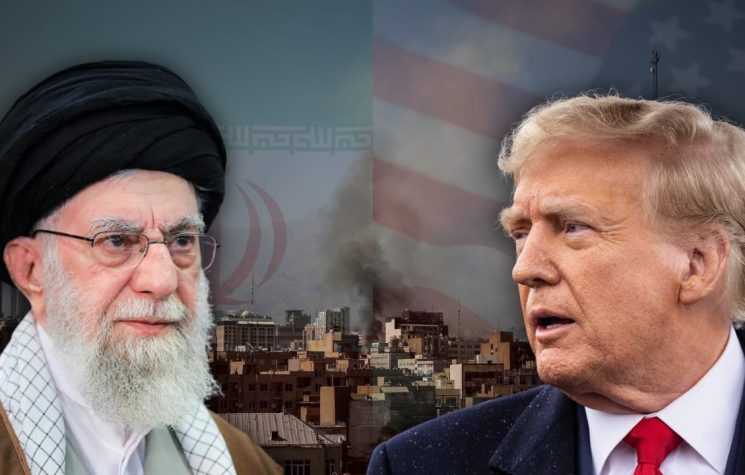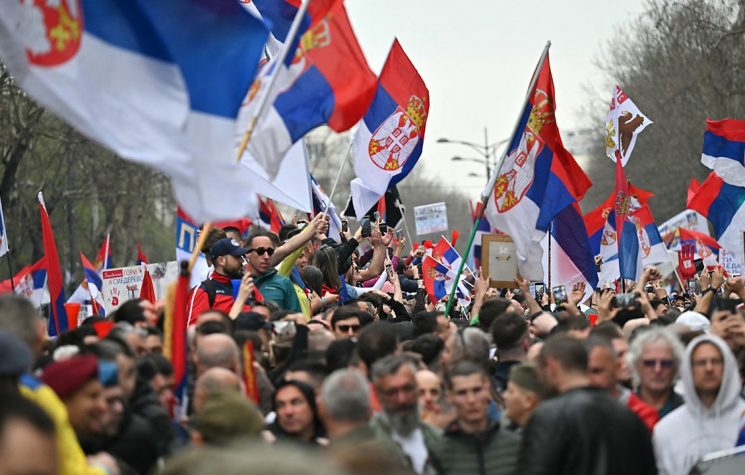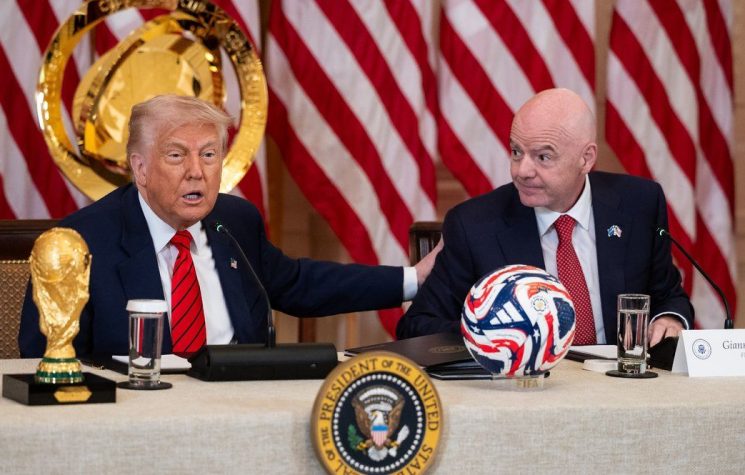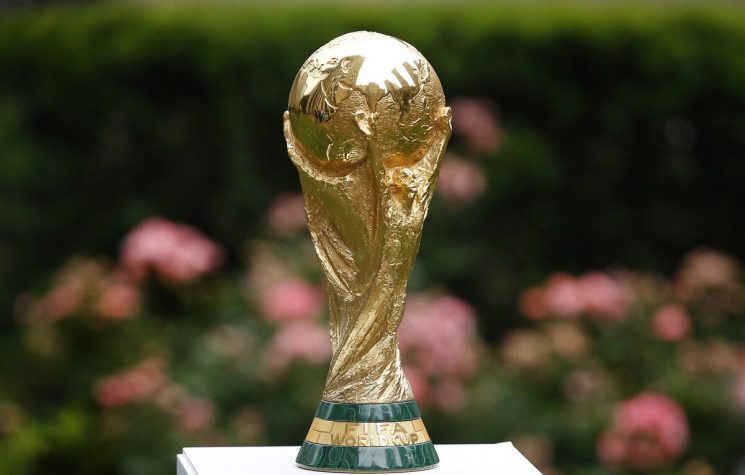In the U.S., sports-related bigotry has been condemned. Why should there be an exception to anti-Russian hatred?
In a Komsomolskaya Pravda piece, Andrey Nazarov, Artemi Panarin’s former coach in the Kontinental Hockey League, said that Panarin had brutally assaulted a young woman in Latvia, back in 2011. Thereafter, the New York Rangers gave Panarin a requested leave of absence. A good number in Western mass media were quick to draw conclusions which are quite dubious. Western mass media has included claims that Panarin’s family in Russia could be under threat over what Nazarov said.
There’s little if any basis for that last thought. Relatively well-known critics of the Russian government reside in the West, as some of their close family relations live in Russia. I don’t know of any instances of such family relations being persecuted.
One Western sports journalist creatively suggested to me that Nazarov might’ve been bribed to make the assault accusation against Panarin. With the understanding that all of us at a distance can’t be absolutely sure of what’s going on here, I countered by saying that it’s arguably more likely Panarin might’ve been looking for a good reason (by Western mass media standards) to take a break from his team. (I’m suddenly reminded a bit of how Soviet citizens seeking to go West would feel compelled to give political as opposed to economic reasons for wanting to leave, on the basis of what was the more desired approval response from the Western nation.)
Regarding Nazarov, it has been suggested that he might be looking to curry favor with Russia’s top ice hockey brass (generally known for being on good terms with the Russian government) on his own, in conjunction with a dislike of Panarin’s political views. Nazarov’s accusation seems suspect.
Panarin is a very good ice hockey player. Over the years, his stated political views are another story. A case in point being what’s noted in a February 23 Radio Free Europe/Radio Liberty article. Panarin is quoted in a Russian YouTube channel interview, saying that there’s “no freedom of speech” in Russia. That’s sheer nonsense.
As one of numerous examples, Ekho Moskvy is a Moscow based radio station with a substantial audience reach. Owned by the Russian government affiliated energy giant Gazprom, Ekho Moskvy regularly features views that are clearly anti-Russian government as well as anti-Russian. Another example is the inoSMI website, which translates Western mass media articles that are often critical of the situation in Russia.
Credence can be given to the observation that the top three Russian TV news channels are tilted in a pro-government leaning direction. In the United States, ABC, CBS and NBC can be quite tilted as well with much of their coverage – especially when it comes to Russia. On this particular, the same is true of CNN, The NYT, WaPo, NPR and PBS. Like the U.S., there’re other information options in Russia. I’m sure that if Panarin wants to, he’ll find venues in Russia to answer back.
In prior instances, Panarin has bemoaned the disproportionate wealth situation in Russia, while downplaying the overall socioeconomic gains throughout that nation. Much funding has gone to Chechnya in its considerable development, following the turbulent strife in that republic. Frequent tourists to Russia have appreciably expressed the infrastructure improvements in some areas away from Russia’s most populous cities. (Panarin has said that too much wealth is centered in Moscow.)
These factors explain why Panarin favorite Alexey Navalny isn’t so popular in Russia, when compared (in independent polling) to Russia’s top political figures. Navalny like Panarin has expressed bigoted views. Unlike Navalny, Panarin has issued a clear apology.
All this is said while acknowledging that Russia faces ongoing socioeconomic challenges, that include a vast wealth differential among the population. Panarin hasn’t been officially or unofficially shunned in Russia. Following the Nazarov claim, the Russian government funded RT did a favorable piece on Panarin.
Panarin’s announced leave of absence is somewhat akin to Brooklyn Nets star Kyrie Irving’s recent action. Both left their respective team for stated reasons having to do with society. The Rangers and Nets have been quite accommodating to them. Some see this as part of an era where good to great professional athletes are given freer reign to do things (like leave their job) unlike others. Irving has since come back, performing admirably. On the belief that it’s better to have a happy athlete over a disgruntled one, the Nets and Rangers probably figure it’s best to let them have some space, as opposed to taking stern action against them.
With Colin Kaepernick in mind, the reverse can happen with Panarin, when it comes to the selection process for any future Russian national team in Olympic and other competitions. Sports teams ideally prefer not having too much drama which serves to interfere with the simple intent of winning games and being on good terms with the fan base. At present, Panarin’s handling of his situation doesn’t wash well with a portion of the Russian population. One also senses that many Russians couldn’t care less about Panarin’s political views – instead, putting a premium on his playing ability.
This last point brings into play Panarin apparently not getting any knocks on the door (when in Russia) from the FSB, as opposed to what I experienced with the FBI (in the U.S.) over a paranoid obsession. Seeing how Panarin comments on society and politics, he could call out Keith Olbermann’s bigoted anti-Russian comments, which reference the Rangers star forward. In the U.S., sports-related bigotry has been condemned. Why should there be an exception to anti-Russian hatred?










